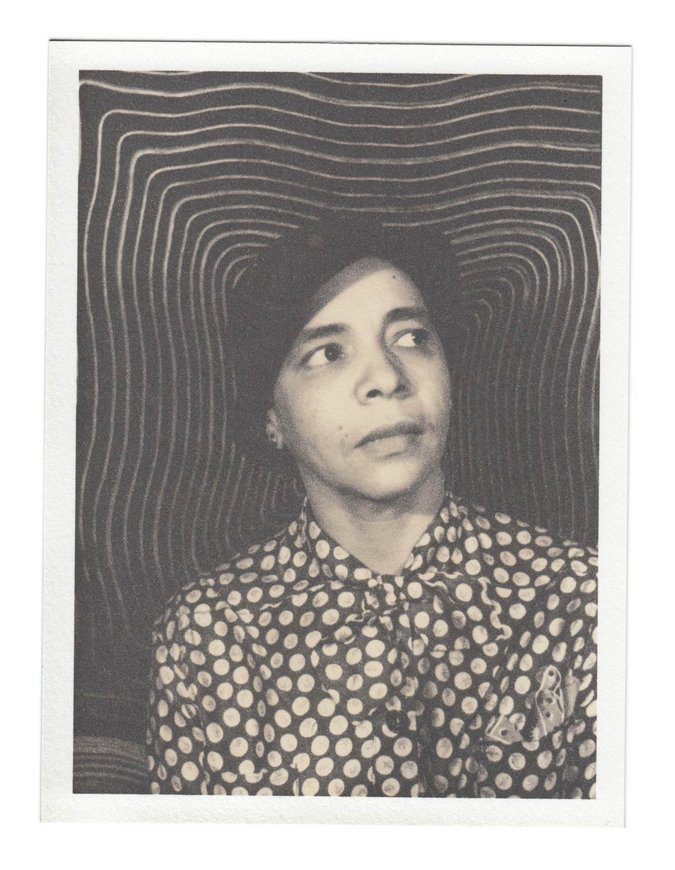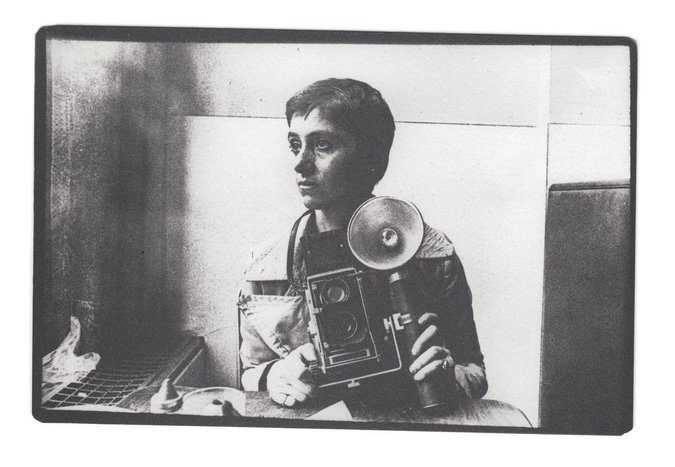

“Who gets remembered — and how — inherently involves judgment. To look back at the obituary archives can, therefore, be a stark lesson in how society valued various achievements and achievers.
“Since 1851, The New York Times has published thousands of obituaries: of heads of state, opera singers, the inventor of Stove Top stuffing and the namer of the Slinky. The vast majority chronicled the lives of men, mostly white ones; even in the last two years, just over one in five of our subjects were female.”
One of my favorite things I read in honor of International Women’s Day yesterday was the introduction to The New York Times‘ new feature, “Overlooked,” where they started by adding 15 obituaries for women: “Charlotte Brontë wrote “Jane Eyre”; Emily Warren Roebling oversaw construction of the Brooklyn Bridge when her husband fell ill; Madhubala transfixed Bollywood; Ida B. Wells campaigned against lynching. Yet all of their deaths went unremarked in our pages, until now.” Others included in the fifteen were Diane Arbus, Nella Larson, Qiu Jin, Mary Ewing Outerbridge, Henrietta Lacks, Margaret Abbott, Ada Lovelace, and Sylvia Plath. It’s hard for me to imagine that these women’s deaths weren’t considered to warrant an obituary at the time.
The plan is to make Overlooked a regular part of the Obituaries page, eventually expanding the scope beyond women.
What notable things did you read this week? Here are some links I hope you’ll enjoy…
Have you been following the story of “Day Zero” in Cape Town, South Africa, when the affluent metropolis may shut off its taps? It’s a sobering reminder of why we must conserve water, and something we should all be following to see how the government handles its water crisis. This National Geographic article describes the situation and highlights all of the other major cities around the world who may be soon in the same situation if action isn’t taken. Here’s the Vox article on Day Zero.
Former President Obama is in talks with Netflix to produce a new series.
Related: Parker for President! This is heart-warming.
Two new books tackle the balance of screen time in the family home: The Art of Screen Time, by Anya Kamenetz, an expert on education and technology, takes a look at all the research out there; and Be the Parent, by columnist Naomi Schaefer Riley, offers advice for parents who recognize that unlimited technology access is a problem, but who don’t know where to start in taking back control.
We’ve tried various fingerpaint-soap in the tub as an activity, but none have been too appealing. I’m thinking of ordering these. Any favorite bath toys?
Who knew?! Ski ballet!
Also, how Finland chilled at the Olympics.
Care to peek inside the world of The Bachelor?
Have a political issue you want to organize around? Here are some toolkits! (Thanks, Whoorl)
The National Park Foundation provides funds to hire youth and returning veterans as part of service groups. These trail crew members get hands-on job training while undertaking essential conservation projects in public lands that give us all access. Love this look at these young women who are part of the crew.
How to cut down on unwanted junk mail.
I’m not sure which is better: this sweet video of cows who love the accordion, or all of the puns in the comment thread. (via Design Sponge)
Brilliant! A new take on the wall shelf desk.
Like a little party on your feet. So pretty! (From a company that audits its supplier on equality, safety, and wages, and invests in women.)
A wink to message tees in honor of women’s day. (Or every day.)
Finally, a big thank you to Rachael for pointing me to the United Nations Special Rapporteur on extreme poverty and human rights’ write-up of his visit to the US, which looks at systemic problems that undermine democracy—everything from “obstacles to internet connectivity in impoverished communities in West Virginia” to “the gendered nature of poverty,” and issues involving Puerto Rico, dental care, voting rights, welfare, voting rights, race and drug policies. It’s eye-opening.
“The United States is one of the world’s richest, most powerful and technologically innovative countries; but neither its wealth nor its power nor its technology is being harnessed to address the situation in which 40 million people continue to live in poverty.”
[Photos: Nella Larsen. Carl Van Vechten and Van Vechten Trust || Diane Arbus, New York City, circa 1968. Roz Kelly/Michael Ochs Archives, via Getty Images]





































5 Comments